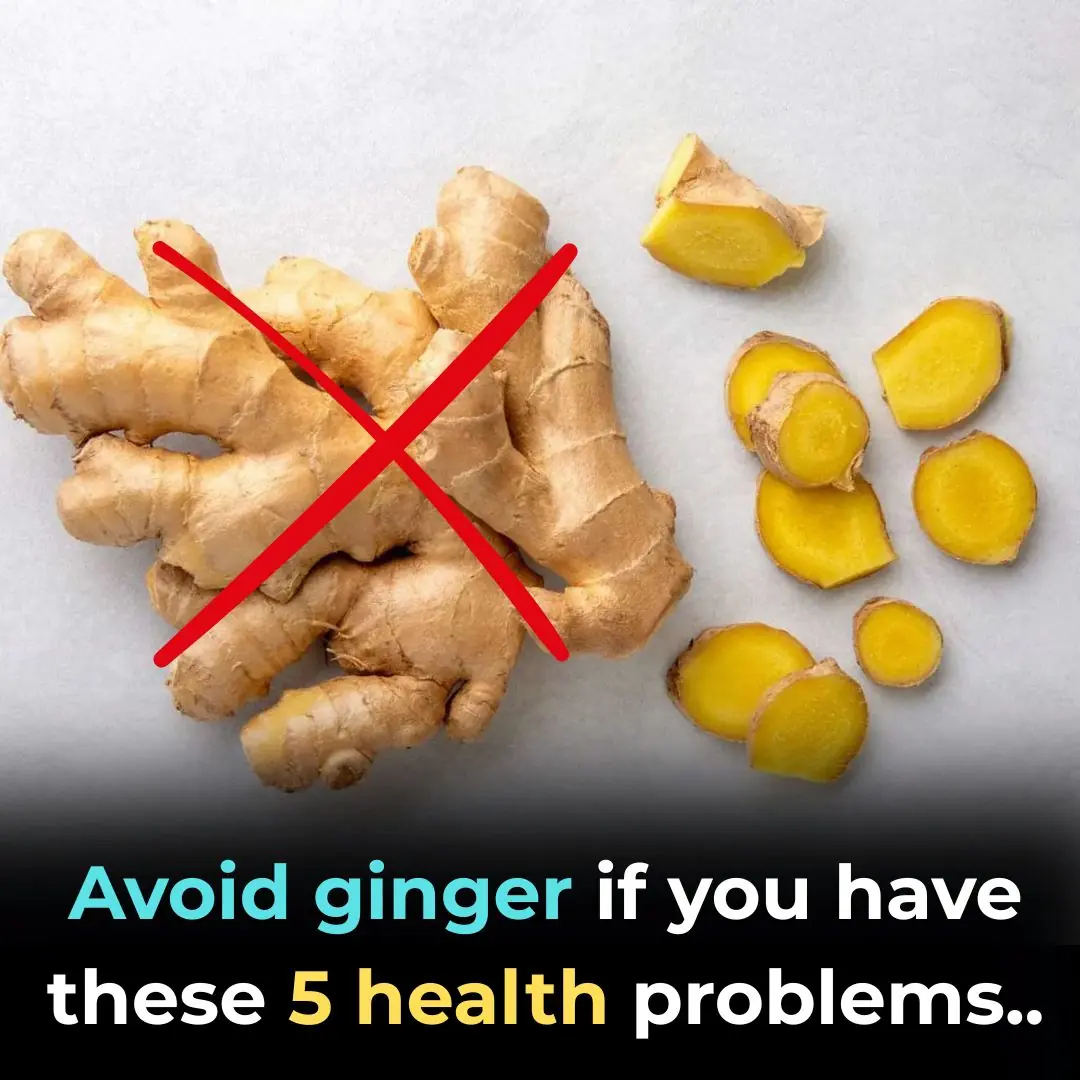
People with these 3 health problems should NEVER drink coffee

Coffee is one of the most popular beverages in the world, and for good reason. It offers several benefits — boosting energy, improving focus, and even aiding in fat burning. However, coffee isn’t suitable for everyone, especially those dealing with certain health conditions. For some people, even a single cup can cause discomfort or worsen existing issues.
If you have any of the following three health problems, you should limit or avoid coffee:
1. High Blood Pressure (Hypertension)
Coffee contains caffeine, a natural stimulant that activates the nervous system and can temporarily raise blood pressure. This effect is more pronounced in people who already suffer from hypertension, potentially increasing the risk of heart attack, stroke, or other cardiovascular issues.
Why it’s harmful:
Caffeine constricts blood vessels and stimulates the heart, forcing it to work harder. Over time, this stress on the circulatory system may cause long-term damage.
Healthier alternatives:
-
Hibiscus tea: Naturally lowers blood pressure and is rich in antioxidants.
-
Chamomile or mint tea: Calms the nerves and supports overall relaxation.
-
Warm water with lemon: Boosts circulation gently and keeps you hydrated without any stimulants.
2. Anxiety or Insomnia
Caffeine can linger in the body for up to 8 hours, blocking adenosine — the brain chemical that helps you relax and fall asleep. For people prone to anxiety or sleep issues, coffee can make symptoms significantly worse.
Why it’s harmful:
Caffeine stimulates the brain, increasing alertness and restlessness, which can heighten anxiety and make it difficult to unwind at night.
Healthier alternatives:
-
Decaf coffee or low-caffeine green tea: Offers a mild energy boost without overstimulation.
-
Chamomile or lavender tea: Both are calming and help reduce stress hormones.
-
Warm oat milk or almond milk: Naturally promotes serotonin production, improving mood and sleep.
-
Golden milk (turmeric + warm milk): Anti-inflammatory, soothing, and caffeine-free.
3. Stomach Problems (Ulcers, Acid Reflux, IBS)
Coffee is naturally acidic and stimulates gastric acid production. For those with gastrointestinal issues, this can trigger heartburn, indigestion, or stomach pain.
Why it’s harmful:
The combination of caffeine and acidity can irritate the stomach lining and weaken the valve between the stomach and esophagus, leading to acid reflux.
Healthier alternatives:
-
Ginger tea: Soothes the digestive tract and reduces nausea.
-
Chamomile tea: Anti-inflammatory and calming to the stomach.
-
Aloe vera juice (unsweetened): Helps reduce inflammation and heal the gut lining.
-
Banana smoothie or oat milk: Gentle, nutritious, and high in gut-friendly fiber.
☕ Can You Drink a Little Coffee If You Have These Conditions?
Even though coffee has health benefits, it’s important to consume it very cautiously if you suffer from high blood pressure, anxiety, or digestive problems. Here's a closer look at what's safe and what to avoid:
➤ If You Have High Blood Pressure
-
Limit to a half cup (about 100 ml) occasionally.
-
Choose decaffeinated coffee to reduce the impact.
-
Avoid coffee before stress or physical activity, as it can spike blood pressure further.
Better options:
-
Hibiscus tea: Acts as a natural blood pressure regulator.
-
Green tea: Contains less caffeine and may improve heart health.
-
Warm water with lemon: Keeps your system balanced and refreshed.
➤ If You Have Anxiety or Insomnia
-
Drink only in the morning, and never after 2 p.m.
-
Stick to half a cup at most, and monitor your body’s reaction.
-
If sleep is disrupted or anxiety worsens, stop altogether.
Better options:
-
Chamomile or lavender tea: Excellent for calming the nervous system.
-
Warm almond or oat milk: Encourages serotonin production and helps with sleep.
-
Golden milk: A comforting and nourishing nighttime drink.
➤ If You Have Stomach Issues (Ulcer, Acid Reflux, IBS)
-
Only drink after eating, never on an empty stomach.
-
Prefer cold brew (lower acidity) or decaf versions.
-
Stop drinking if you notice pain, bloating, or discomfort.
Better options:
-
Ginger tea: Promotes healthy digestion and soothes nausea.
-
Aloe vera juice: Supports gut healing and reduces acidity.
-
Banana smoothie or oat milk: Easy on the stomach and nutritionally dense.
✅ Final Thoughts: Listen to Your Body
Coffee can still be enjoyed in small, occasional amounts, even by those with certain health issues — but it should never be a daily habit if it causes negative effects.
Instead, switch to natural, caffeine-free drinks that:
-
Calm your mind
-
Protect your heart
-
Soothe your stomach
-
Boost your energy naturally
Your body knows best — if you feel jittery, sleepless, anxious, or uncomfortable after drinking coffee, it’s a clear sign to cut back or switch to better alternatives.
News in the same category

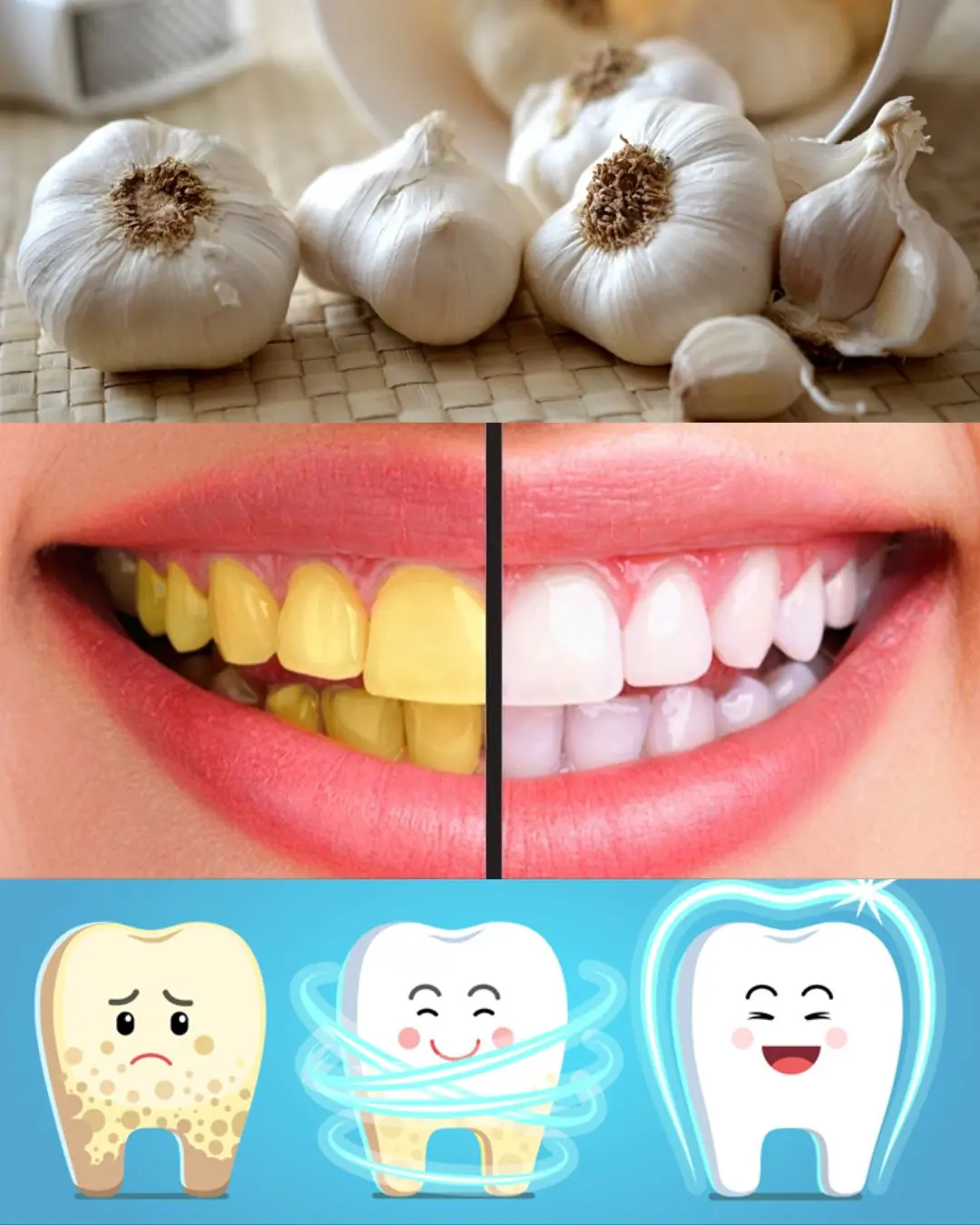
Improve your oral health naturally with garlic

🌙 7 Gentle Drinks Before Bed That May Support Blood Sugar & Reduce Nighttime Urination

When your liver is bad, these parts start to hurt

If you have nail fungus, try this natural cure; it goes away fast

12 everyday habits that quietly raise your stroke risk

Drink this before bed to balance blood sugar & stop nighttime bathroom trips!

Doctors reveal that consuming bananas at 11 am causes in
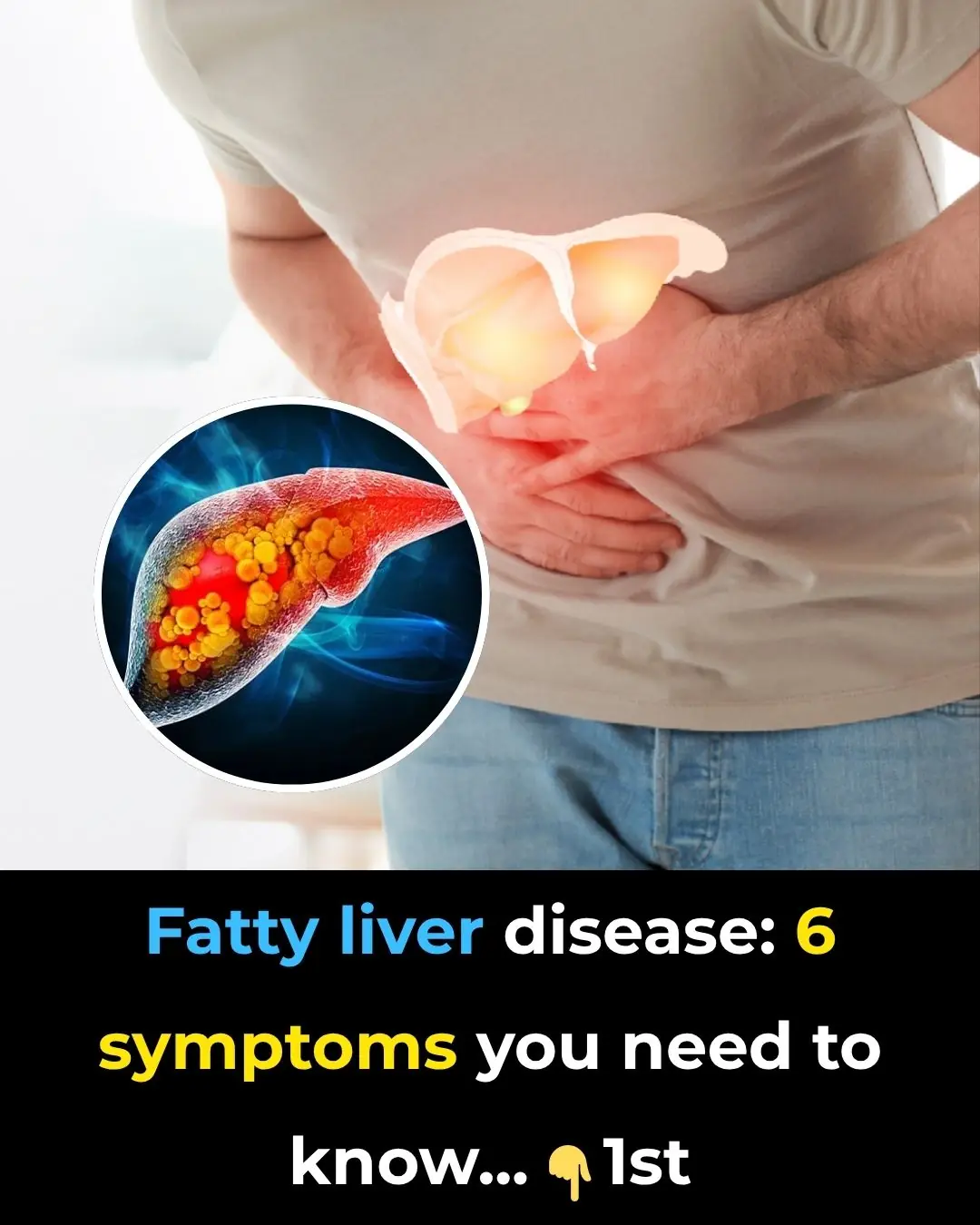
Fatty liver disease: 6 symptoms you need to know

The Mystery Behind Sudden Sharp Chest Pains Has Finally Been Solved

10 Unusual Foot Symptoms That May Indicate Diabetes

Eat This Seed and Watch Your Vision Improve — Especially After 60!

Why You Should Never Ignore a Bump on Your Inner Thigh and How to Get Rid of It
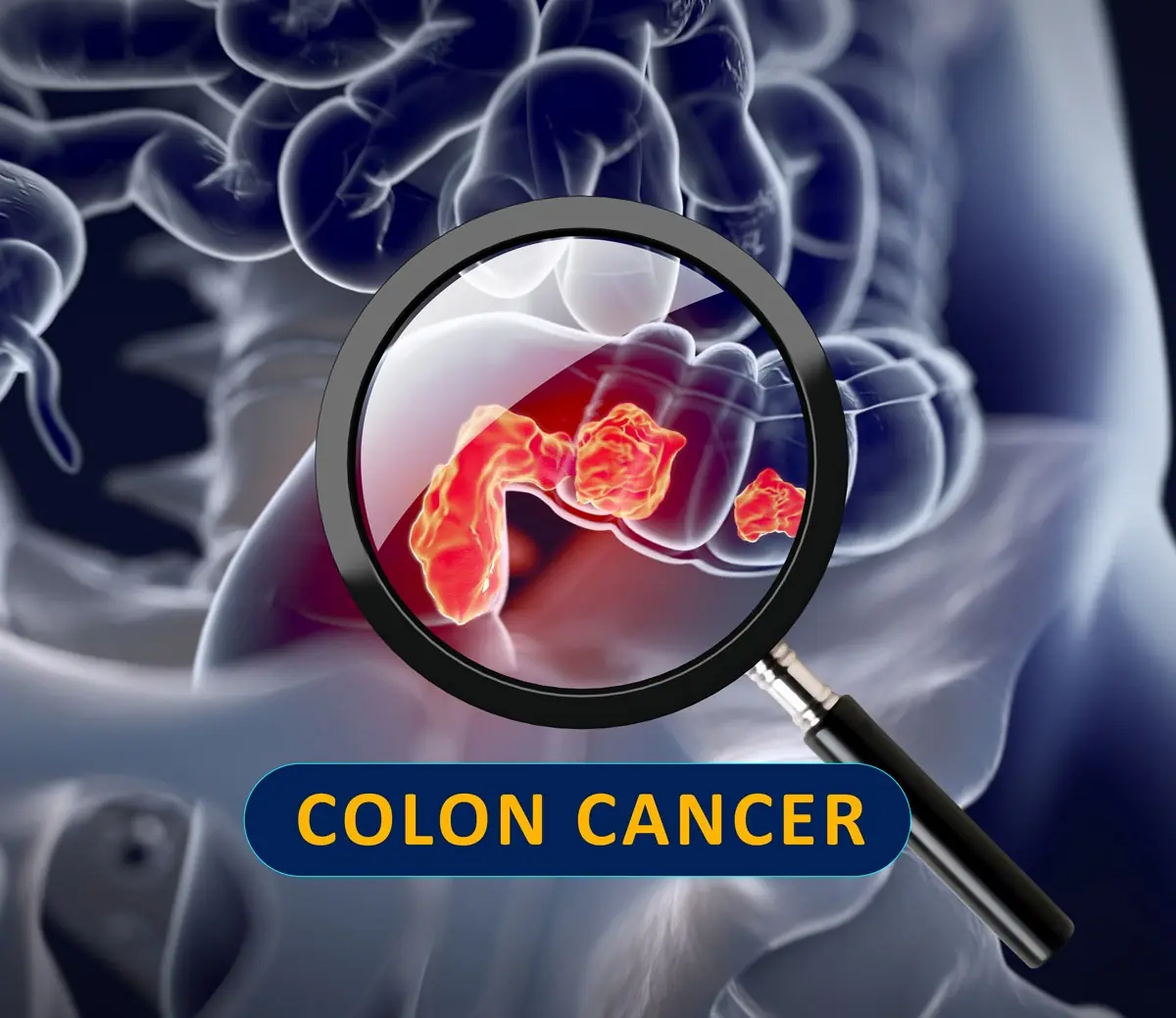
New Research Finds 40–50% of Colon Cancer Cases Can Be Prevented by Doing These Simple Things
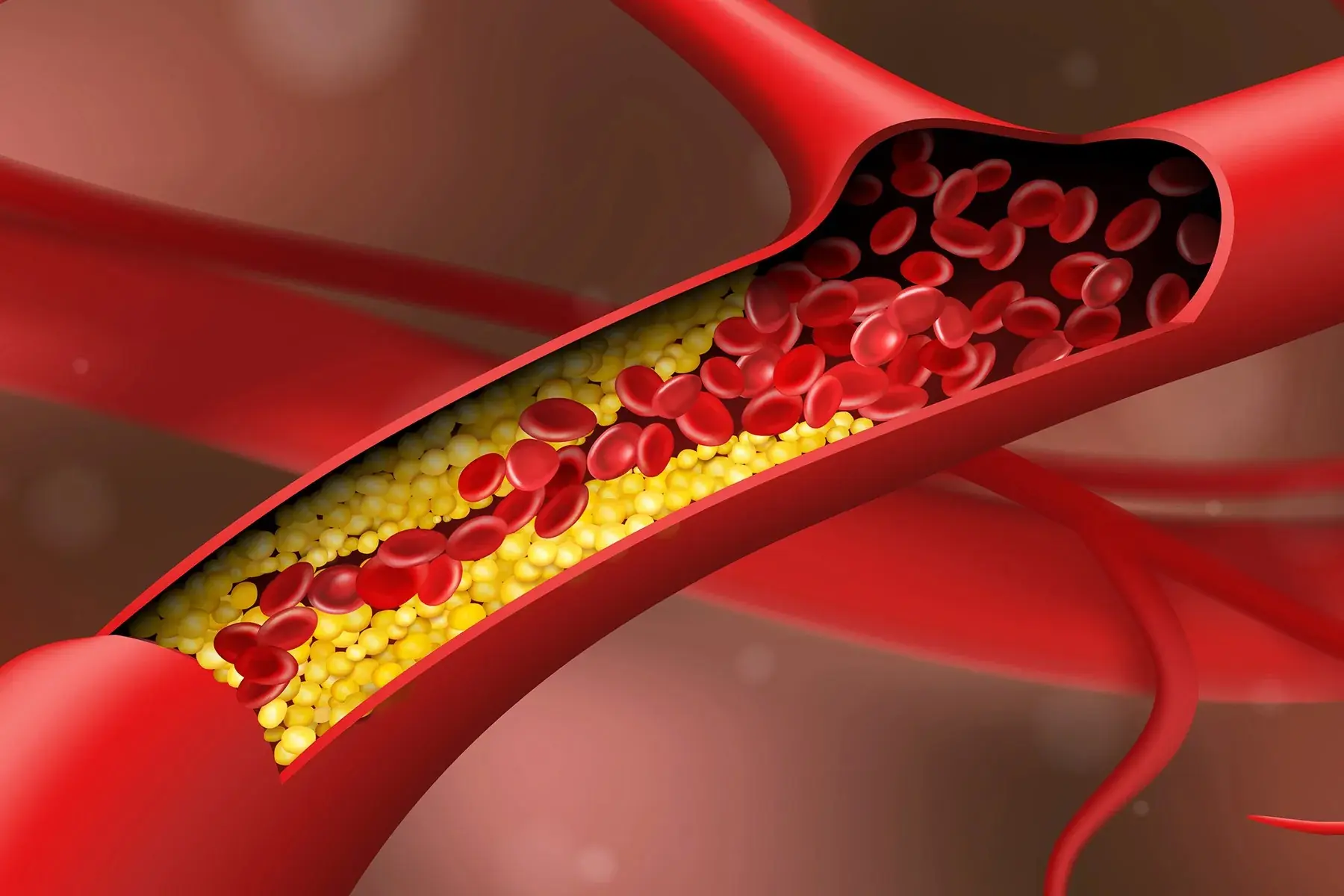
CLOGGED ARTERIES TRIGGER HEART ATTACKS AND STROKE EAT THIS TO HELP UNCLOG YOUR ARTERIES
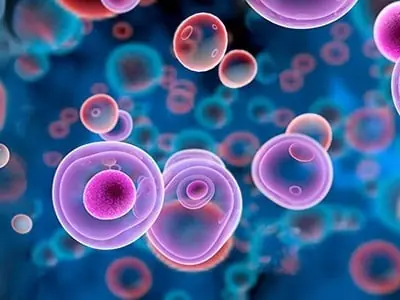
How Water Fasting Triggers Powerful Cellular Healing and Reveals Surprising Long-Term Benefits
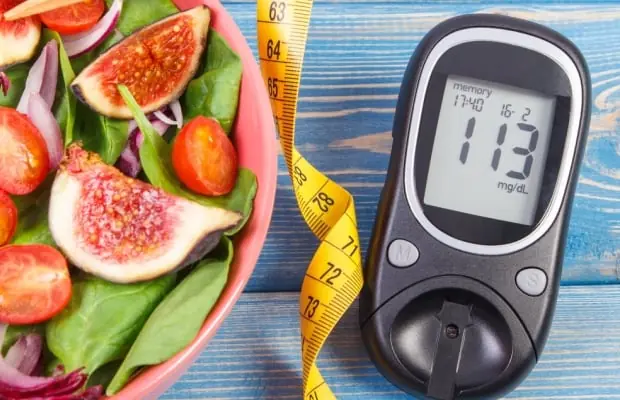
5 Hidden Signs Cataracts Are Already Affecting Your Eyes (and How to Stop Them After 60)
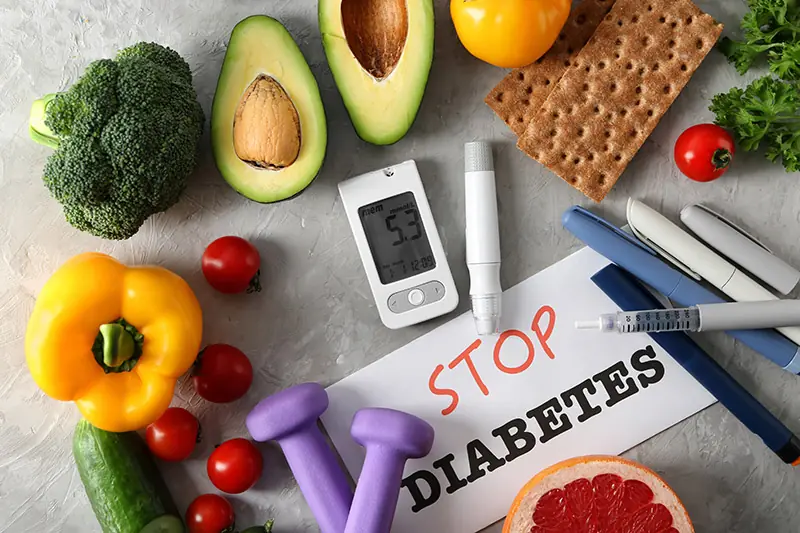
90% of Diabetes Cases Could End If You STOP These Foods

Drink One Cup Daily of Mullein Tea to Cleanse Your Lungs of Phlegm and Toxins
News Post

The Night a Stranger Saved Me and My Daughters.

The Kindness We Don’t Film.

The Picture Worth a Pulitzer.

The Daddy Doll That Means Everything.

The Woman Who Refused to Be Silenced.

Wells: The Brave Heart Who Fought with Every Beat
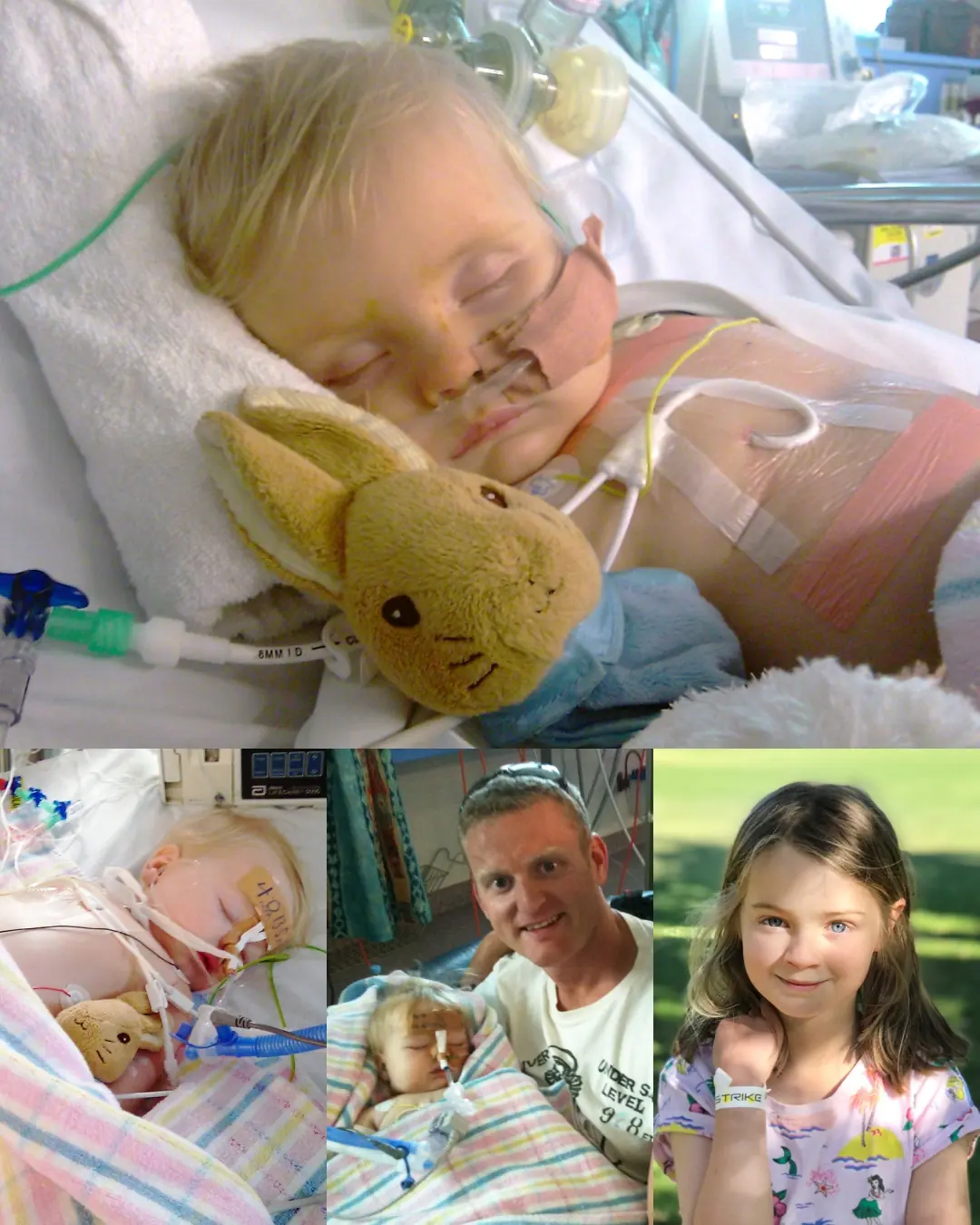
Ava’s Second Chance: The Baby Who Fought Back from Cancer Before Her First Birthday

Oscar’s Fight: From Laughter on the Water to a Battle for Life

When Love Refuses to Let Go: A Father’s Prayer Beside His Daughter’s Hospital Bed

A Mother’s Plea – Krzyś’s Courageous Battle Against Ewing’s Sarcoma

Millionaire Dresses as a Bum and Visits His Company on an Undercover Mission — Story of the Day

Strangers Yelled at Me to Take My Crying Baby Outside Out of a Pharmacy — But Then Someone Walked In and Silenced Them All

My FIL Mocked Me for Renovating the House Myself—Then Told Everyone It Was His Handiwork

A 12-Year-Old's Courage and Compassion: Officer Saves Puppy After Girl Drives to the Vet

Nikita’s Fight for Life: A Little Boy’s Battle Against Impossible Odds

The Golden Guardian: How One Dog’s Love Helped a Little Girl Heal

Harris’ Story: The Boy Who Learned to Walk Again

Avoid ginger if you have these 5 health problems..

Defying the Odds: A Childhood Battle with Ewing Sarcoma and a Life Rebuilt
